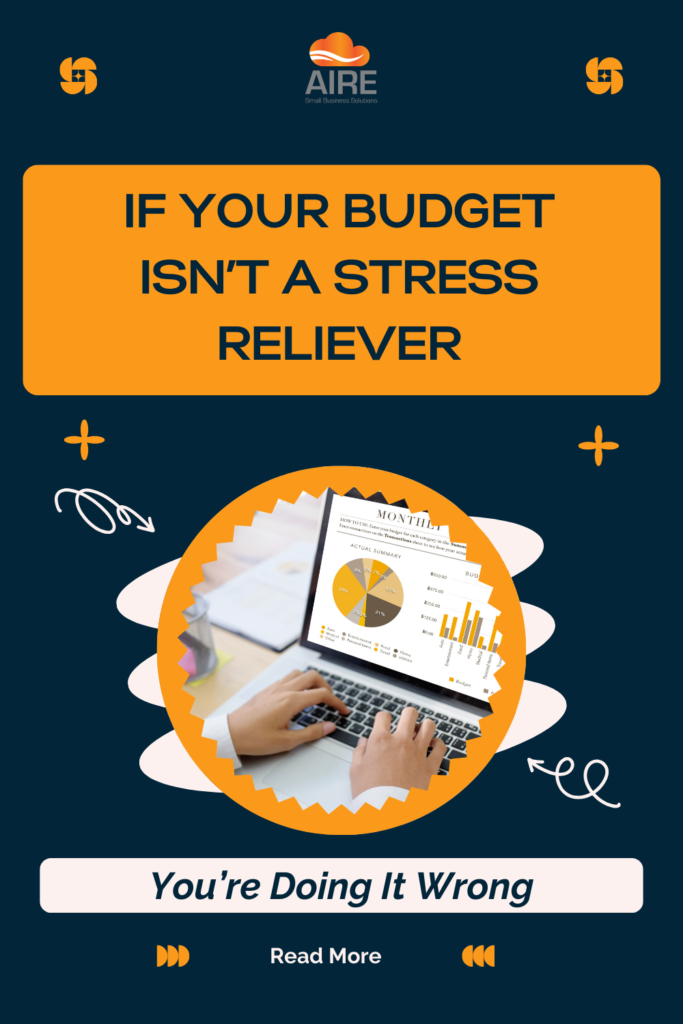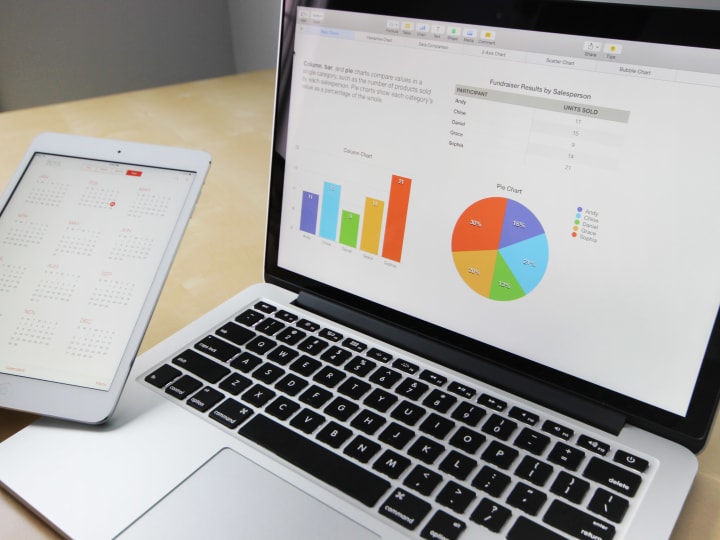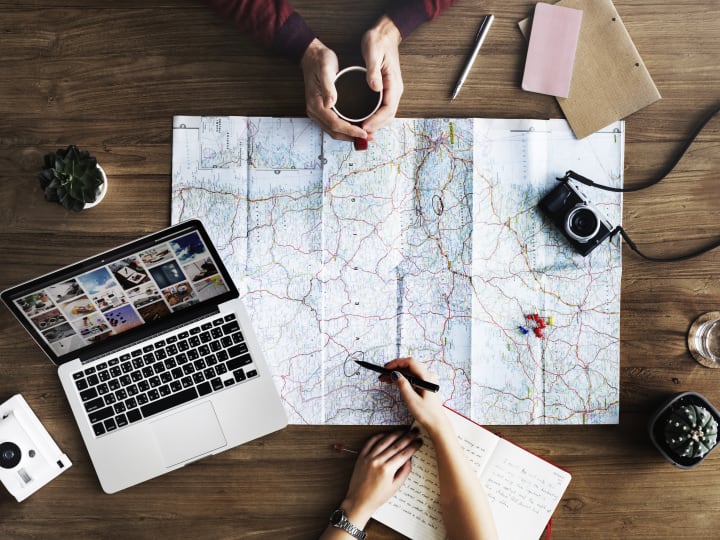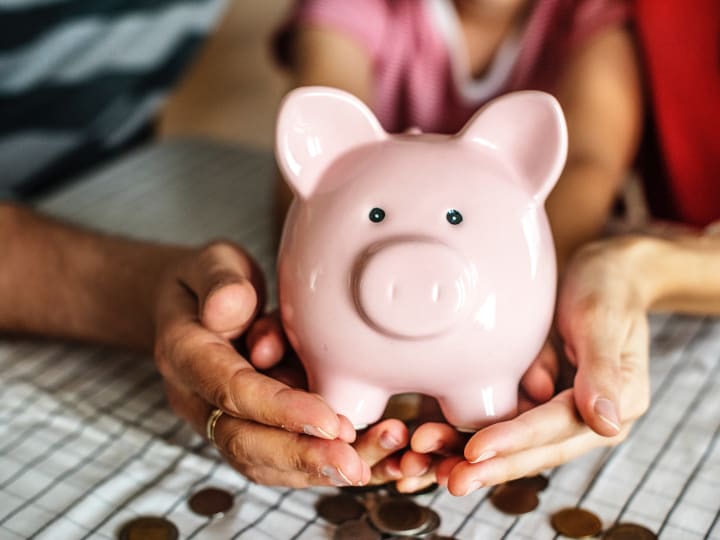I am going to be honest because personal finance absolutely must involve an honest conversation. Though some personal finance sites might compare needing a budget to needing air or food, I don't plan to be that melodramatic.
I will, however, emphasize that I think budgets are essential to maintaining financial order in your life.
A budget can be as simple as you make it: add up your fixed expenses (car payment, rent, utilities, savings, etc.) and subtract that amount from what you make, resulting in how much you have to spend on food, gas, and other expenses. Or, you can make your budget more detailed and try to account for each of these things and give yourself a ceiling amount, which you try to stay under each month. For this budget, if you have money left over at the end of the month, you can choose to spend it or roll it over to the next month's budget.
Regardless of the way you choose to organize your budget, the point is to make sure to have one because it can make your financial life a lot easier. Even if you mess up and have scratch marks (or lots of "Select All" and "Delete" options chosen in your queue of actions) all over your budget, again, the point is to have a budget and that you are trying to make it work.
Budgets, by nature, take a lot of trial and error and editing in order to make them work. And this trial and error and editing may occur every month as your income or expenses change. That's normal, expected, and helpful; this editing will force you to look at your budget and come to terms with your finances. This is the first step to changing your habits for the better.
If you don't have a budget, though, you may not know that you are headed for financial peril. If you use credit cards, it can be dangerous to pay less than your full balance off every month, especially if you don't have a budget to monitor how much you can allot toward the credit card in the first place.
Say you charge a high expense, forgetting the shopping trip you went on two weeks ago or the medical bill you had to pay on the first of the month. These expenses can add up to an amount above not only what you expected, but above what you are able to pay.
Credit cards make it easy to accumulate debt as you are not required to pay off the balance every month. If you don't, however, interest will grow on your balance at astonishing rates. Credit cards are known for their high interest rates, which is why it is so easy to fall down the rabbit hole of debt so quickly with them.
As a result, you need to make sure your spending is on track for the month before you pull out a credit card. This requires a discipline and focus; it requires a budget.
Budgets can not only save you from financial distress, but they can help you plan for upcoming expenses that might stretch your bank account if you wait to take out the total needed at once. Is Christmas or Hanukkah coming up, along with work and family holiday parties you need to buy gifts for? Do you and your family want to take a trip to the beach or Disney World next year? These are expenses you can easily plan for ahead of time with a budget. By spreading out the amount you need to save over several months or a year, you can ease the pain of a large transaction. Building these expenses into your budget as small amounts make it more manageable and less stressful when the time comes to actually spend the full amount.
Budgets don't take long to set up and they take even less time to maintain, as long as you actually put effort into it. It can help save you and your finances from most problems that will arise as you go through life too. If you don't have a budget yet, then I strongly suggest you start one now.
Written by Will Lipovsky for MoneyNing and legally licensed through the Matcha publisher network. Please direct all licensing questions to legal@getmatcha.com.




